
Can Bearded Dragons Eat Celery? Keeping Exotic Pets
Bearded dragons are omnivorous and can eat both insects and veggies, and celery is among the veggies bearded dragons love eating. These veggies primarily consist of water and have beneficial nutritional impacts, making it worth adding to your dragon's diet. Nutritional Benefits of Celery. Celery is safe for bearded dragons to consume.

Can Bearded Dragons Eat Celery? VetReviewed Nutritional Benefits
How Can Bearded Dragons Eat Celery? Like most veggies, celery can be eaten raw, so there's no need to cook it for your bearded dragon. Choose organic when possible—that way you can ensure it's pesticide-free. Before serving, thoroughly wash and chop the celery stalks and leaves, then place them in your dragon's food bowl. Pro Tip.
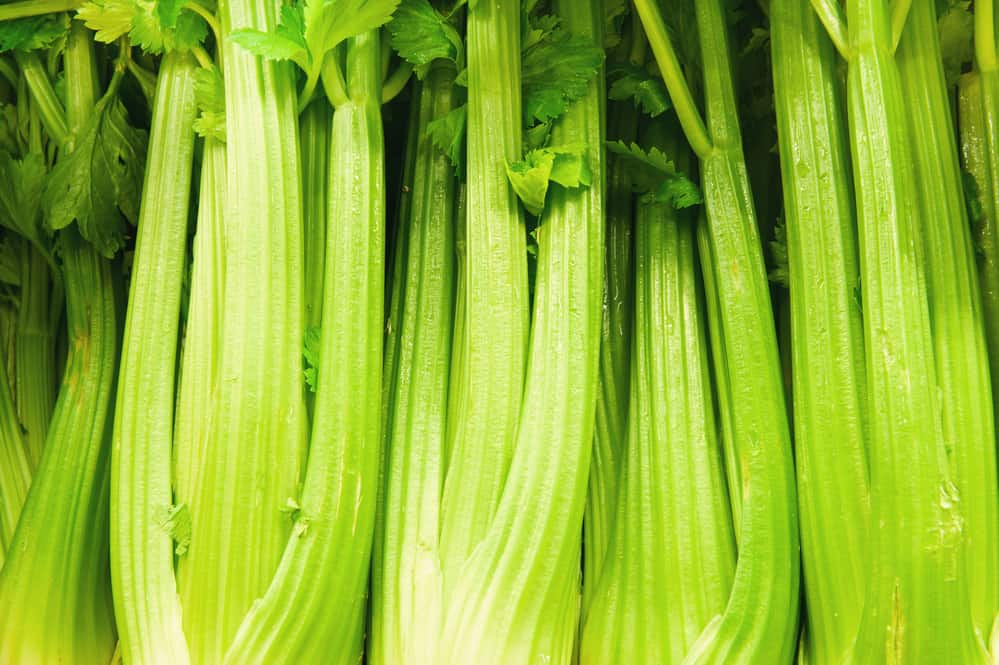
Can Bearded Dragons Eat Celery? (Yes, but Prepare It Well!)
A question many reptile owners may be asking is, "can bearded dragons eat celery?". The fast answer is yes; bearded dragons can eat celery. It should be offered to them once or twice per month since celery are high in oxalates. In this post, we'll take a look into the nutritional benefits of celery for bearded dragons and the potential.
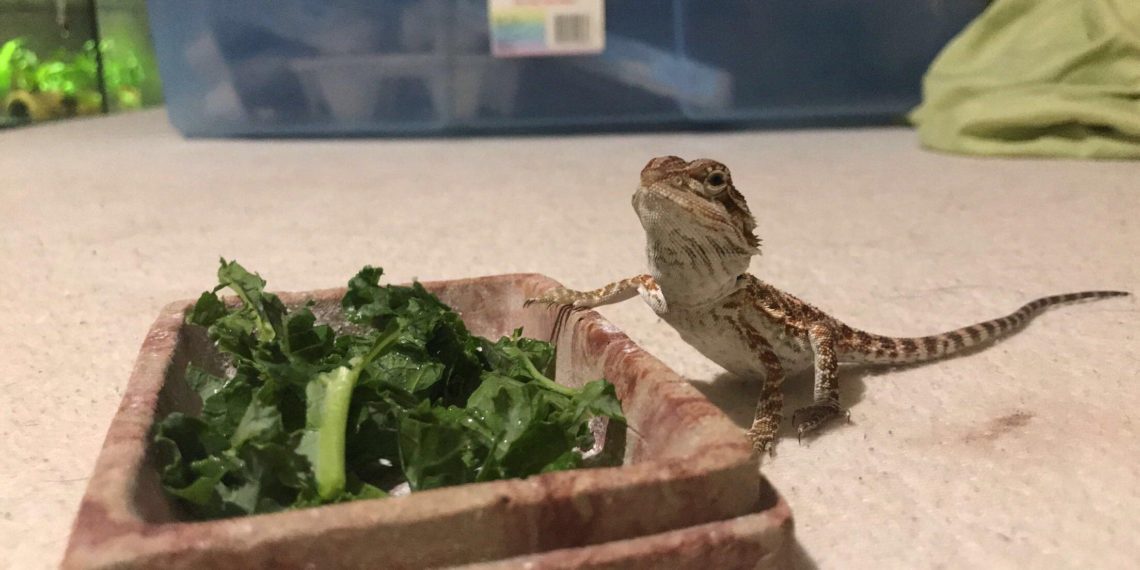
Can Bearded Dragon Eat Celery? MyPetCareJoy
Finally, add the celery to a food bowl containing other nutritious veggies and greens like kale, carrots, bell pepper, among others. To avoid feeding too much celery to your beardie, you can sprinkle a thin layer of the celery over the other veggies in the bowl. Pro Tip: Experts recommend feeding raw celery to your bearded dragon.
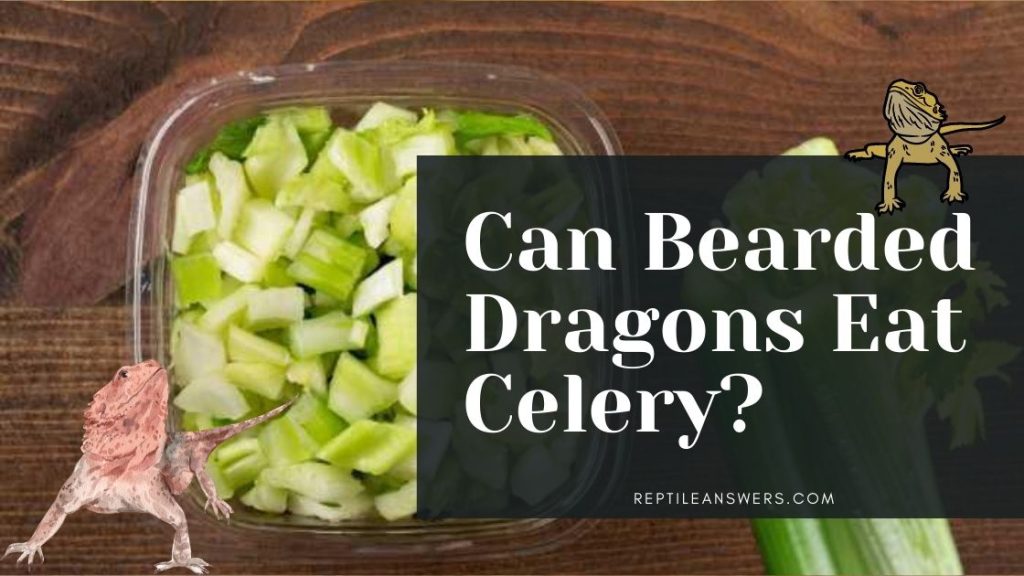
Can Bearded Dragons Eat Celery? Let’s Find Out! Reptile Answers
As for celery, bearded dragons can eat it too. Celery is a tasty and crunchy snack you can surly feed your reptile as beardie enjoys celery a lot. Celery contains essential vitamins and nutrients beneficial for a bearded dragon. Many reptile owners might wonder whether it is safe to feed regularly. However, apart from all the usefulness, you.
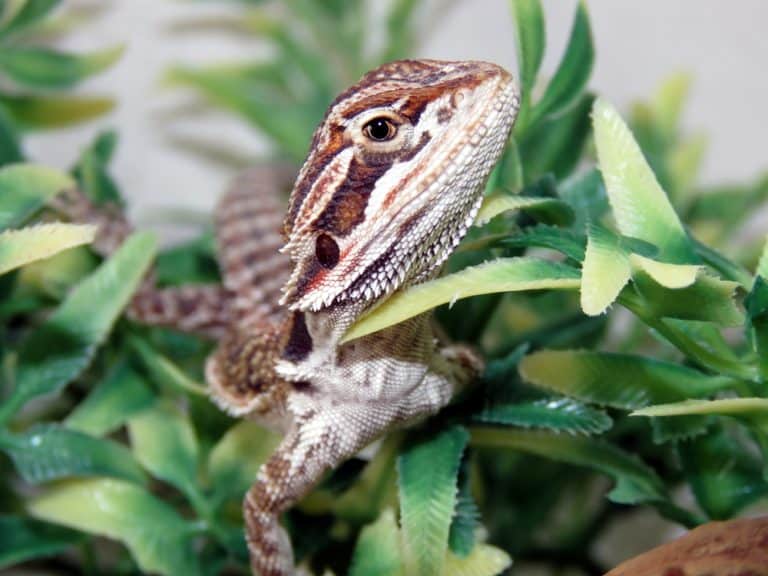
Can Bearded Dragons Eat Celery? (Yes, but Prepare It Well!)
Yes, bearded dragons can eat celery, but it should only be given as an occasional treat due to the high water content and low nutritional value. Bearded dragons are omnivorous reptiles that consume a variety of insects, vegetables, and fruits.
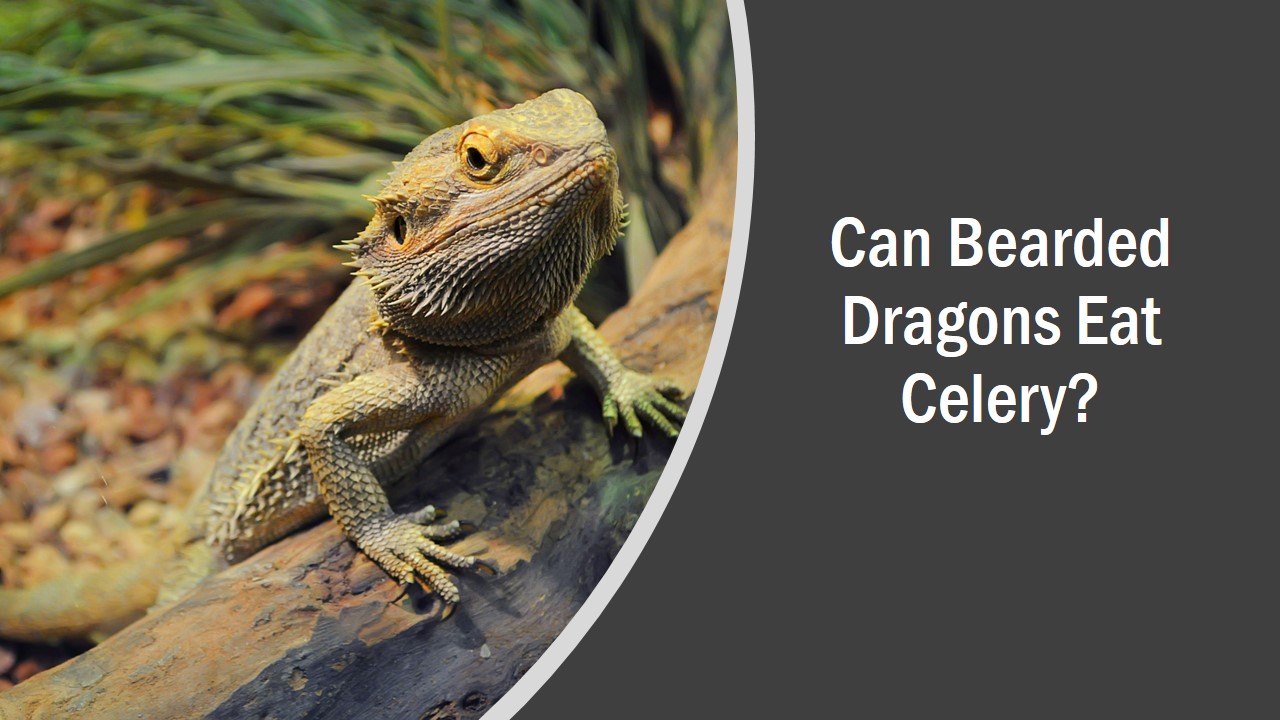
Can Bearded Dragons Eat Celery? (See What Happens)
The answer is yes, bearded dragons can eat celery, but it should be given in moderation. Celery is low in calories and high in fiber, which makes it a good choice for bearded dragons. It also contains vitamins and minerals such as vitamin K, vitamin C, and potassium. However, celery also contains a high amount of water, which can cause diarrhea.

Can A Bearded Dragon Eat Celery?
Celery has a lot of nutritional benefits for your bearded dragon, so it's something you can safely offer occasionally, but it shouldn't be given every day. Read on to learn more. The Benefits of Celery for Bearded Dragons 1. Optimal Calcium-to-Phosphorus Ratio. Bearded dragons need both calcium and phosphorus for proper growth and development.

Can Bearded Dragons Eat Celery? (Read This Feeding Guide)
Bearded dragons can certainly eat celery as part of a healthy and balanced diet. Celery is a good source of vitamins and minerals and contains fiber, which can help improve digestion. However, you must remember that celery should only be fed in small quantities to your beardie to avoid constipation or other digestive problems.

Diet Guide for Your Beardies Can Bearded Dragons Eat Celery? Reptile
Can Bearded Dragons Eat Celery. Celery is commonly included in salads and sometimes eaten as a healthy snack, but how healthy is celery for bearded dragons? The short answer is yes, celery is safe for bearded dragons. It doesn't provide too much nutritional benefits so you shouldn't feed celery as a staple food. Be sure to follow the.

How Often Can Bearded Dragons Eat Celery? Living With Lizards
Adult bearded dragons will eat more fruit and veggies than younger beardies. This is because juvenile bearded dragons are growing and need a diet that is higher in protein and fat. The table show how the diet needs change by age. Adult Dragons Young Dragons 80% Fruit, vegetables, and greens 20% Fruit, vegetables, and greens 20% Insects 80% Insects.

Can Bearded Dragons Eat Celery? (Read First)
Just make sure they have access to insects, crickets or mealworms from time to time so they can get what they need from those as well as other healthy greens throughout the day. It's safe to say that yes, bearded dragons can eat celery. It is another food source that will provide many benefits and help them to live a longer, healthier life.
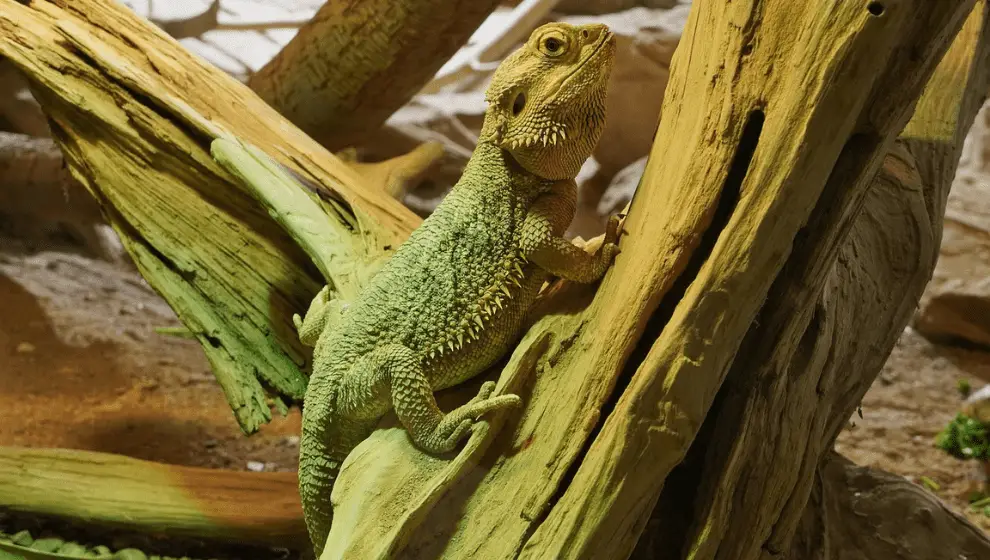
Can Bearded Dragons Eat Celery? Pets Bunch
This is the reason why most bearded dragon owners wonder whether or not bearded dragons can eat celery. Well, celery is not toxic to bearded dragons. This means that beardies can eat celery. However, because celery has high water content, it should only be offered on an occasional basis.
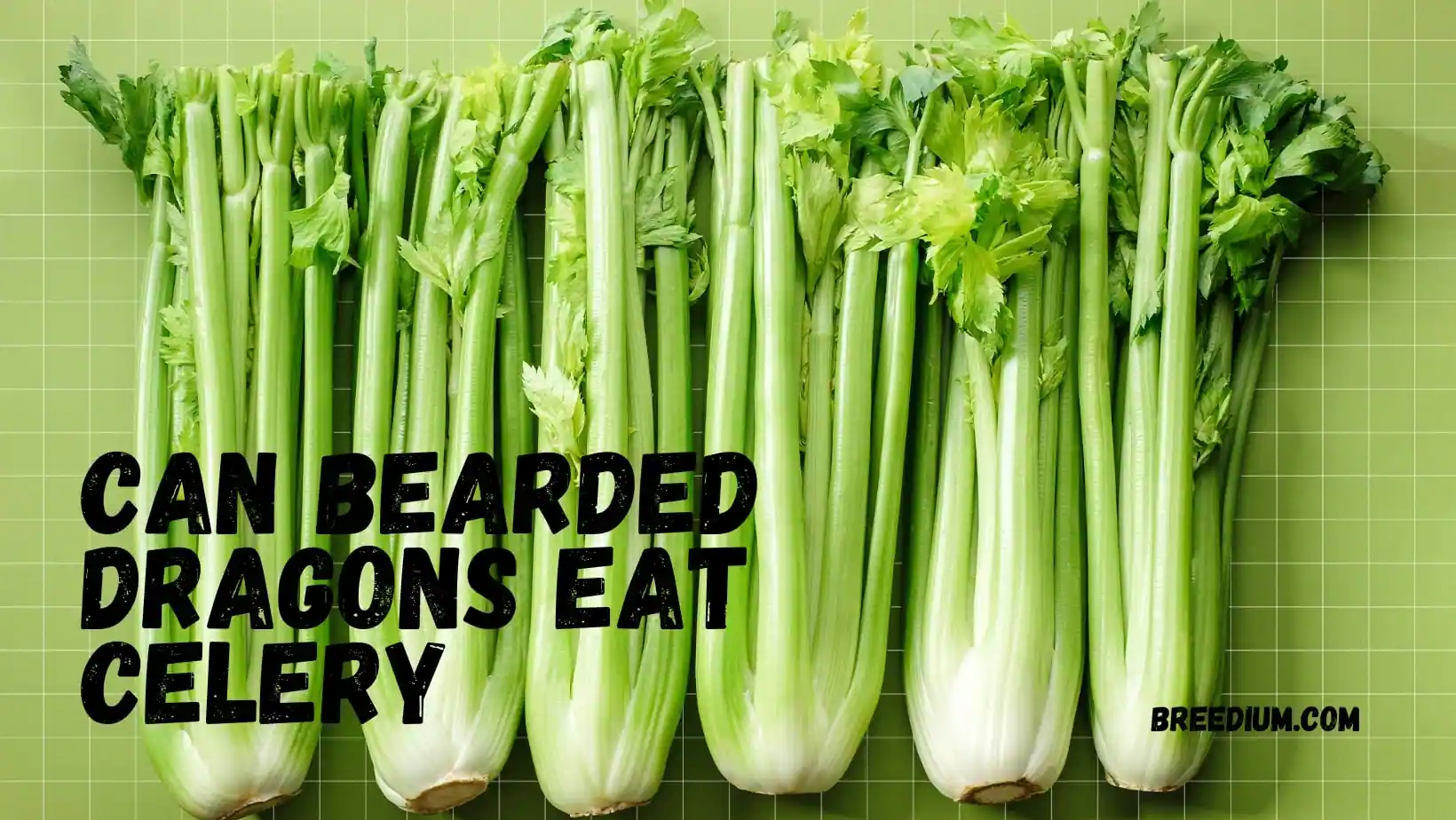
Can Bearded Dragons Eat Celery? Nutritional Analysis
Bearded dragons can eat celery occasionally. There's nothing particularly harmful in celery that puts it in to the occasional category but there is relative little nutritional value in it. It does have a semi-reasonable calcium content, but the rest of the celery is mostly water. It can be a good vegetable to help rehydrate your bearded.

Diet Guide for Your Beardies Can Bearded Dragons Eat Celery? Reptile
Therefore, bearded dragons must consume more calcium than phosphorous, a ratio that can be hard to achieve with other veggies. Fortunately, celery contains the ideal calcium-phosphorous ratio at 1:6 to 1.

Diet Guide for Your Beardies Can Bearded Dragons Eat Celery? Reptile
As we mentioned earlier, bearded dragons can eat celery as long as it's part of a balanced diet. Many veterinary experts such as VCA-Hospitals don't recommend feeding your beardie celery very often due to the fact that it's minerally poor.. Bearded dragons have very small stomachs and everything they eat needs to be of high nutritional value to cater to their complex nutritional needs.